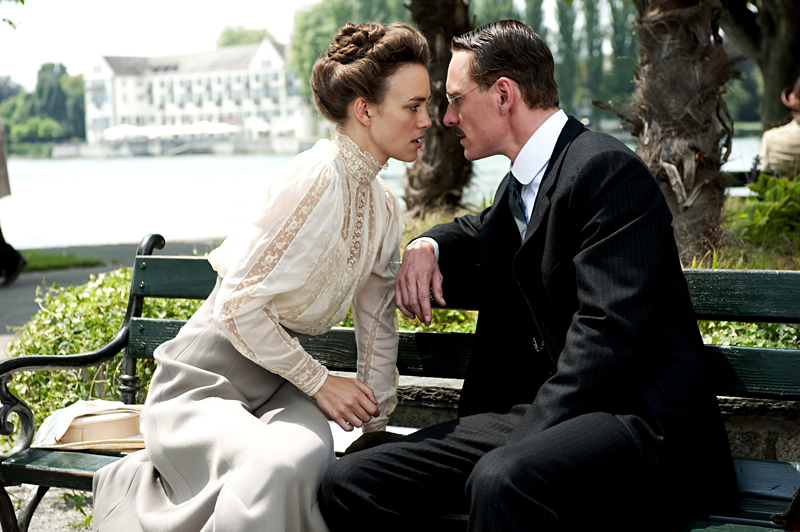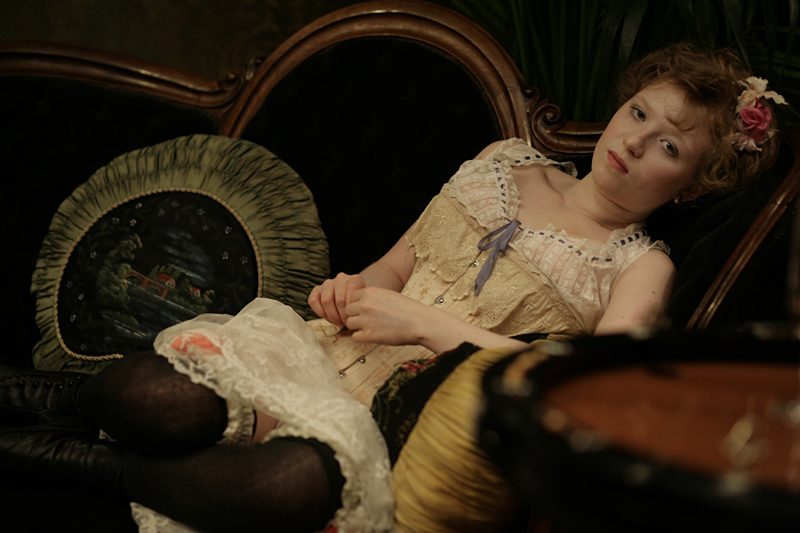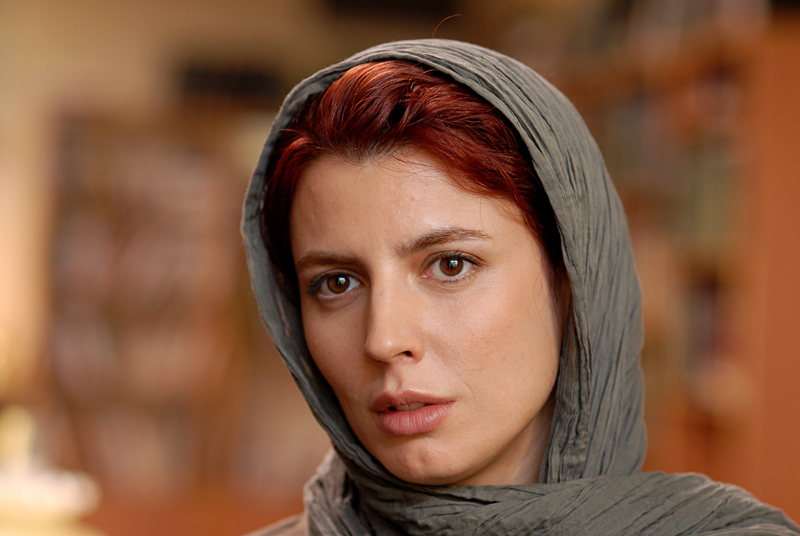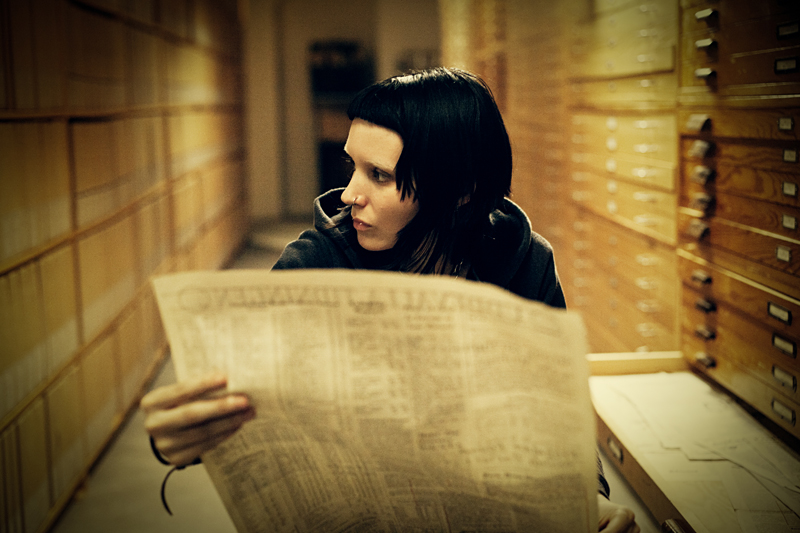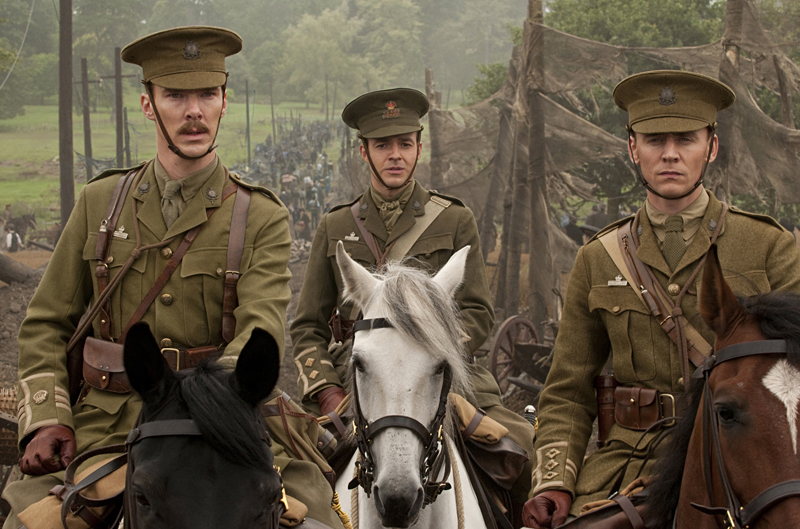A Dangerous Method, the title of David Cronenberg’s viscerally cerebral new film, is something of an understatement. As cataclysmic as it is, this historically scrupulous science-fiction romance concerning the discovery of the unconscious mind might have been titled War of the Worlds or The Beast From 5,000 Fathoms.
Adapted by Christopher Hampton from his play, Cronenberg’s film is at once a lucid movie of ideas, a compelling narrative, and a splendidly acted love story—a sort of lopsided triangle involving Carl Jung (Michael Fassbender), Sigmund Freud (Viggo Mortensen), and Sabina Spielrein (Keira Knightley), the near-forgotten patient-turned-disciple who confounded both men en route to her own tragic destiny.
A Dangerous Method teleports the viewer back to the birth of psychoanalysis, when Freud was still a troubling rumor, Jung was becoming Jung, and “ambivalence” was a newly minted term. Cronenberg has characterized his own method as “a process of resurrection,” and the movie proceeds through a series of jolts, opening like an electrified gothic novel with freaked-out, wild-eyed Spielrein hurtling by coach through the placid Swiss countryside. Her destination is the Burghölzi Clinic where young Dr. Jung is experimenting with Dr. Freud’s newfangled talking cure. Hysteria seems too mild a word for her teeth-gnashing, air-clawing behavior.
An unlikely choice for the role, Knightley leads with her chin, weighs down her words with a slight Russian accent, incinerates her delicate beauty with a radioactive stare, and throws a contortionist fit to rival Patty Duke’s Helen Keller. It works: Her fiercely expressionist banshee act dominates the movie’s first 10 minutes and haunts it thereafter. This teenaged Russian Jewess might be the possessed heroine of Ansky’s not-yet-written Dybbuk or Lilith herself. Naturally, Jung—a pastor’s son with a thing for Jewish women as well as the so-called Jewish science—is intrigued. Liberated by therapy from her symptoms, Spielrein proves clever, intuitive, and forward. She not only blurts out what’s on her mind, which includes aspiring to become a psychoanalyst, but also eventually takes the initiative in propositioning her married doctor. Later, when their affair founders, she will contact his mentor Freud to propose herself as a patient.
Mad passion in antiseptic Switzerland! Cronenberg sticks close to the historical record as documented by letters and journals, while offering his own interpretation of the facts. Given the specimens, much of the movie seems to unfold in a pristine petri dish. The protean Fassbender plays a proper Jung, steely yet agonized; Mortensen’s self-amused, paranoid Freud is a more unusual piece of work. Mind ablaze, he sees repression everywhere. The mystical Jung believes that nothing happens by accident; for Freud, all accidents have meaning. If Jung’s deceptive gentility is matched by the movie’s hyper, Masterpiece Theatre mise-en-scène—with near-constant “classical” music and crisp, gliding cinematography—it’s Freud’s startling connections that rhyme with Cronenberg’s eruptive editing, cutting from Spielrein’s bloody deflowering to the Jung family’s new lakeside house, or from Freud scolding his anointed “son and heir” for straying from “the firm ground of sexual theory” to Jung gratifying Spielrein’s desire with a vigorous spanking.
Caught between two geniuses, Spielrein is the movie’s true subject. Toward the end, Freud congratulates her on her theories of sex and death instincts, which he here understands as the recognition that desire is an inherent threat to the individual ego. Then, sensing her unresolved attachment to the ultra-civilized Jung (and with a subliminal snatch of Wagner on the soundtrack), he warns her against putting her faith in Aryans. “We’re Jews, Miss Spielrein, and Jews we will always be.” Of course, Jung has some intimations of his own. As the movie ends, he dreams that Lake Geneva is filled with corpses and red with Europe’s blood.
Jung’s nightmare prophesied Spielrein’s doom. His cozy realization that, while she might have been the love of his life, “Sometimes you have to do something unforgivable to go on living,” is followed by a written postscript giving a spare account of his fate and hers: The doctor lived a long life by his Alpine lake; the patient returned home to Rostov to practice psychoanalysis and was summarily murdered, along with her daughters and hundreds of other Jews herded by the Nazis into a local synagogue.
Presenting its protagonist’s end with a stunning absence of sentimentality, A Dangerous Method turns back on itself. Spielrein was trapped from birth and obliterated in more ways than one. Less a footnote to history than its embodiment, she now seems a quintessential European who successfully mastered her own demons only to be consumed by the full force of 20th-century irrationality.
